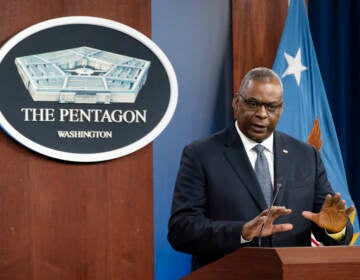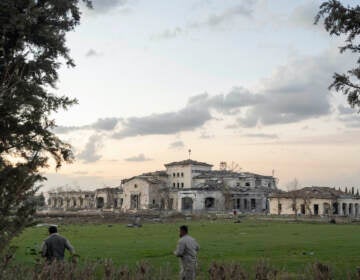U.N. group calls on Iran to release Princeton graduate student
Xiyue Wang's wife created the petition that led the U.N. group to consider his case. She said she has struggled over two years to maintain a normal life for her son.
Listen 1:47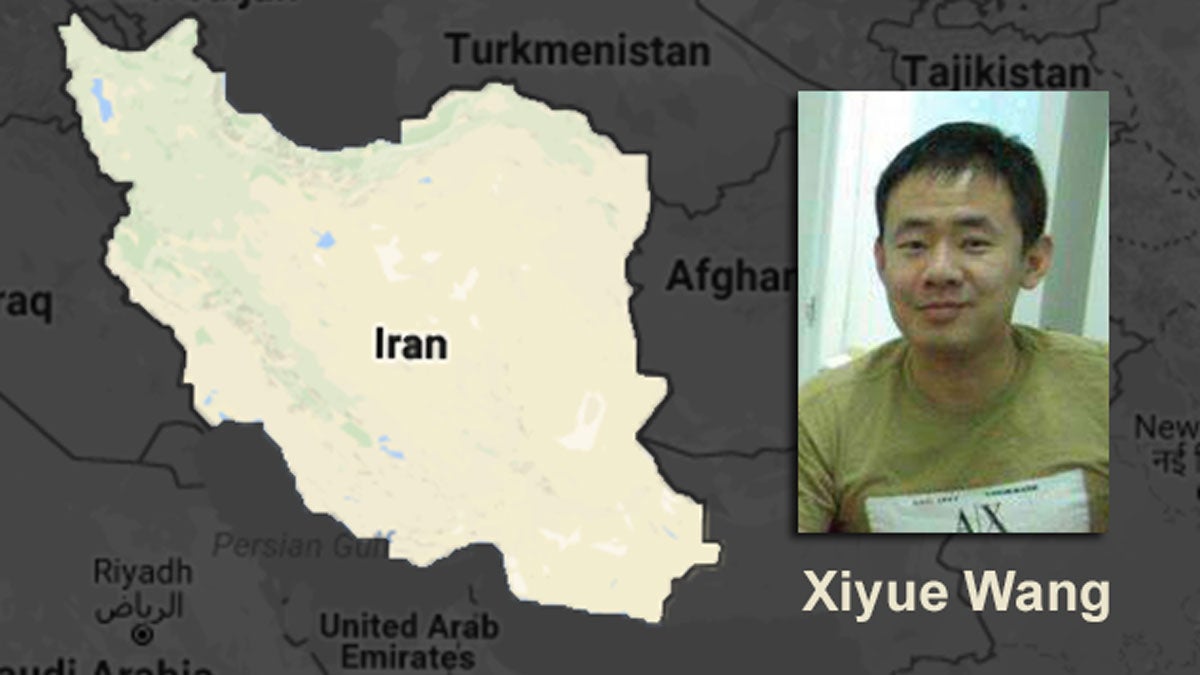
This 2009 handout photo released by a friend of Xiyue Wang, shows Xiyue Wang at his apartment in Hong Kong, China. (Friend of Xiyue Wang via AP)
The U.N.’s Working Group on Arbitrary Detention has concluded that Iran had “no legal basis” for arresting and detaining U.S. prisoner Xiyue Wang, who has spent more than 850 days behind bars in Iran.
Wang, a fourth-year graduate student in Princeton’s history department, was arrested in August 2016 for what U.S. officials have called “fabricated national-security related charges.”
Born in Beijing, Wang is a naturalized American citizen who was seized by authorities during a research trip for his dissertation. He endured 18 days in solitary confinement before his detention in Evin Prison. After a closed trial, he was convicted of two counts of espionage and sentenced to 10 years’ imprisonment.
The U.N. group’s findings, announced this week by Princeton University, state that Wang should be released immediately and “urgently transferred to a hospital.”
“We think there is reason for hope. There have been people released after our opinions issued in relation to quite a few countries, including Iran. So there certainly is a possibility, but I would not want to raise expectations too much,” said Leigh Toomey, the group’s vice chair for follow-up.
Hua Qu, Wang’s wife, created the petition that led the U.N. group to consider his case. She said she has struggled over two years to maintain a normal life for her son, who started kindergarten this week.
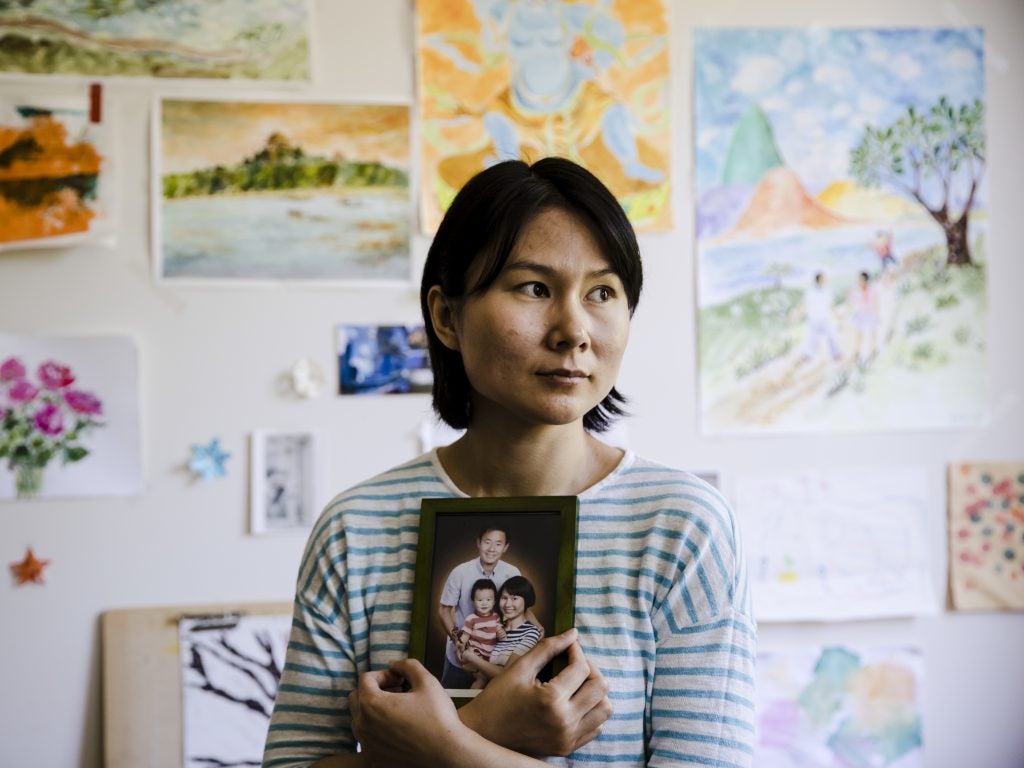
“His daddy’s not part of his immediate life anymore, and it’s very difficult for him to speak to him, to form a conversation,” she said, recalling Wang’s phone calls from his detention in Evin Prison. “It’s very difficult. It’s cruel to both sides that they don’t know how to speak with each other.”
Since the U.N. group developed its follow-up procedure in August 2016, roughly half of its cases have generated a response from either one party or both.
“We anticipate and hope that both parties will, within the next six months, provide us an update,” Toomey said. “Hopefully that will include full implementation of our recommendations, including the release of Mr. Wang. Many governments do not respond.”
Still, there has been a recent increase in releases reported, she said.
In the meantime, the group will do “whatever it can from Geneva to follow up on opinions,” Toomey said. Wang’s case will be featured in the group’s annual report, which will be raised before the U.N.’s Human Rights Council.
Qu is calling for the U.N. Assembly, which gathers in New York this month, to push for Wang’s release.
“This is a critical moment for world leaders to be aware of this situation, of such unjust detention. This is a disaster for him and my family,” Qu said. “My husband has been gone for way too long. This is totally chaotic. It is a very complicated political situation. It has nothing to do with him, or to do with me, or to do with his studies. It’s just, unfortunately, he’s trapped into this.”
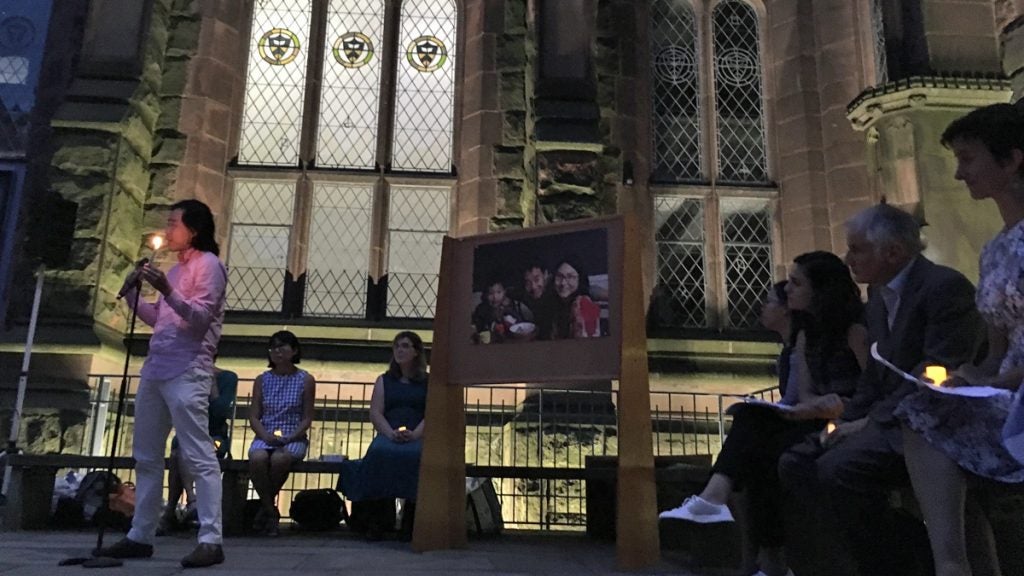
Last year, President Donald Trump called out Xiyue Wang by name, warning Iran of “serious consequences” unless all “unjustly imprisoned American citizens are released and returned.”
Wang’s supporters say that he has been used as a “political pawn.” He is a scholar, they say — not a spy.
“I think my husband’s case is a humanitarian situation,” Qu said. “It has nothing to do with politics.”
WHYY is your source for fact-based, in-depth journalism and information. As a nonprofit organization, we rely on financial support from readers like you. Please give today.


